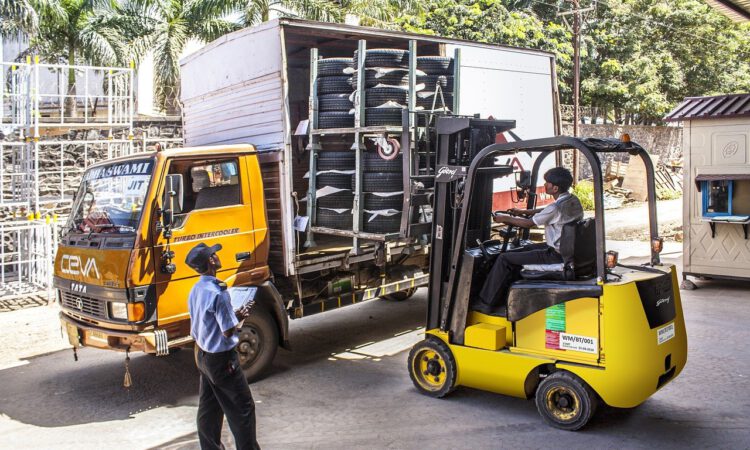
n. (used with a sing. or pl. verb)
1. The element of armed forces businesses that deals with the procurement, distribution, upkeep, and replacement of materiel and employees.
2. The handling of the facts of a surgical procedure.
[French logistiques, from logistique, logic (perhaps influenced by loger, to quarter), from Medieval Latin logisticus, of calculation; see logistic.]
logistics
(lɒˈdʒɪstɪks) (functioning as single or plural)
1. (Military) the science of the activity, supplying, and maintenance of armed forces forces in the field
2. (Economics) the management of materials flow through a company, from recycleables to finished items
3. the detailed planning and business of any large complex operation
[C19: from French logistique, from loger to lodge]
logistician
lo•gis•tics
(loʊˈdʒɪs tɪks, lə-)
letter. (used with a sing. or pl. v.)
1. the branch of military research coping with the procurement of gear, action of personnel, provision of facilities, etc.
2. the look and coordination associated with the details of any operation.
[1875–80; logistique quartermaster’s work, derivative of log(er) to lodge]
The science of planning and carrying out the motion and maintenance of forces. In its many extensive good sense, those components of military operations that handle: a. design and development, acquisition, storage, movement, distribution, upkeep, evacuation, and personality of materiel; b. movement, evacuation, and hospitalization of employees; c. purchase or building, upkeep, operation, and personality of facilities; and d. acquisition or furnishing of services.
logistics
the branch of armed forces research focused on the activity and provide of soldiers. — logistician, n.
See in addition: War



